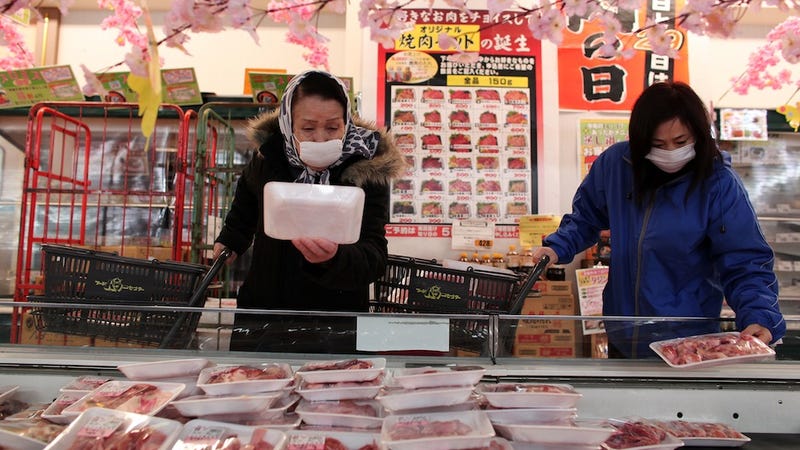Another example of the lack of preparedness of the Japanese government; promised increases in radiation monitoring have not materialized, because the government can’t handle it logistically.
02 August 2011, the Japanese government announced that in order to increase radiation monitoring they will now rely on non governmental groups, many of which have already been conducting their own radiation monitoring.
Many of Japan’s citizens have complained about the lack of response from the national government. Official government reports concerning radiation levels have been contradicted, and even proven wrong, by local governments, as well as the NGOs.
Many of the national government reports relied on data from Tokyo Electric Power Company, and it’s obvious TEPCo is totally unreliable.
Agencies of the Japanese government are now going to work with the NGOs, and local governments, to set up a large network of 250 radiation monitoring sites, which will include schools and libraries. They will check air, ground, water, plants and food for radiation contamination. The government hopes to have a web site set up by mid August, so that everyone in Japan can see the results.



